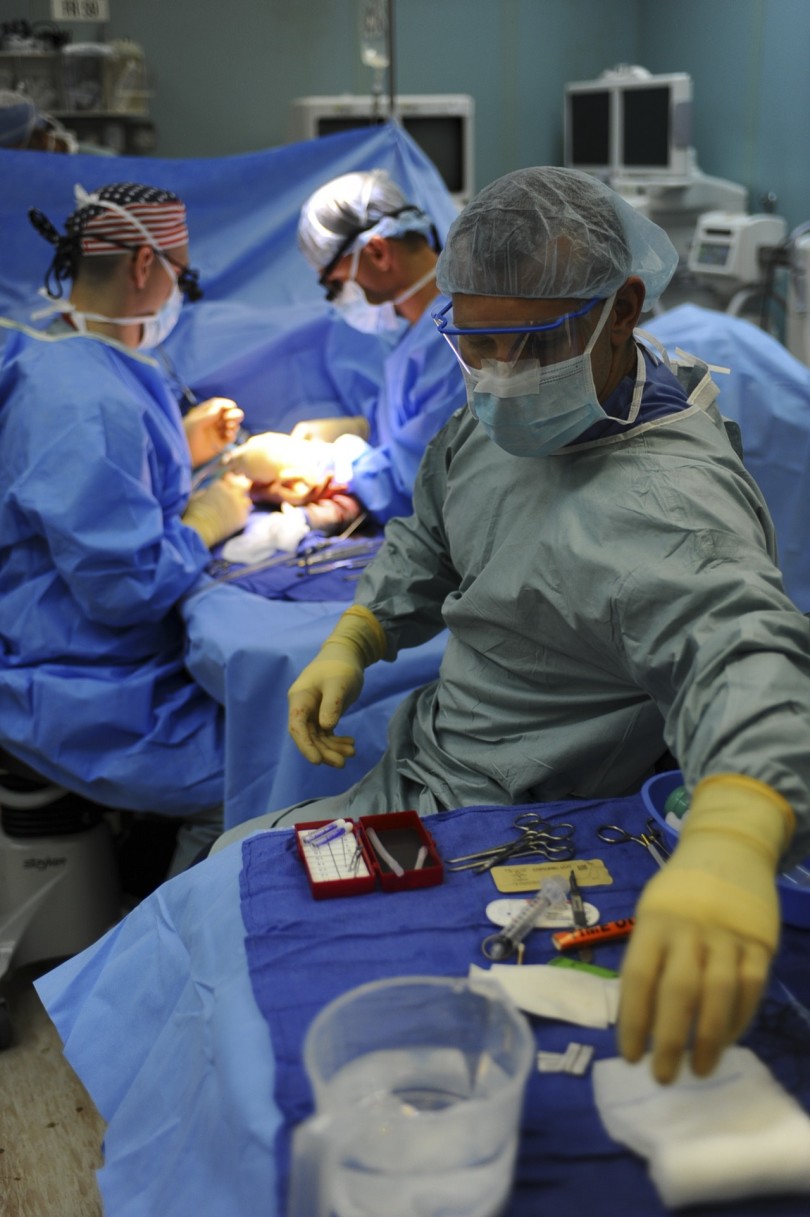Is Autonomous Driving coming to the UAE?
26 Apr 24
Lab ChatThe Global News Source for the World of Science and Chemicals
14 November 2019
Lab Chat
According to information published by the Dubai Chamber of Commerce and Industry, medical tourism in the UAE increased by 5.5% between 2017 and 2018. Last year, total revenue from the industry reached a new record high of Dh12.1 billion, while Emirati health expenditure also increased 5.4% to Dh50.3 billion, marking a bumper year for the industry.
The success of the medical tourism sector is believed to be due to a number of reasons, including government initiatives geared towards boosting interest in Emirati healthcare from overseas patients and increased privatisation of the industry. Here’s a quick rundown of some of the factor’s contributing towards the UAE’s medical tourism success:
That combination of factors has seen a 3.5% increase in hospital visits between 2013 and 2018, with 49.1 million patients visiting Emirati hospitals last year. Over three-quarters of a million (789,198) public inpatient admissions were recorded in 2018, while 119,897 surgical procedures were undertaken by Emirati doctors last year as well.
The runaway success of the UAE medical tourism sector is only project to continue in the coming years. Following on from the record sales of Dh12.1 billion in 2018, experts expect that trend to carry on and reach a high of Dh19.5 billion by 2023, while the Dubai government have targeted a goal of attracting over half a million medical tourists annually by 2020.
DOWNLOAD PDF

2 Day Seminar Program
@ ArabLab+ 2024
24 & 25 September 2024
22 Apr 24
Lab ChatYour stay in Dubai
Labkit
Product News
Chemkit
Product News
Thinking about exhibiting at ARABLAB 2024? Watch our video to find out more.
Join the world’s leading organisations…
Join our mailing list and receive the ARABLAB newsletter and event updates.